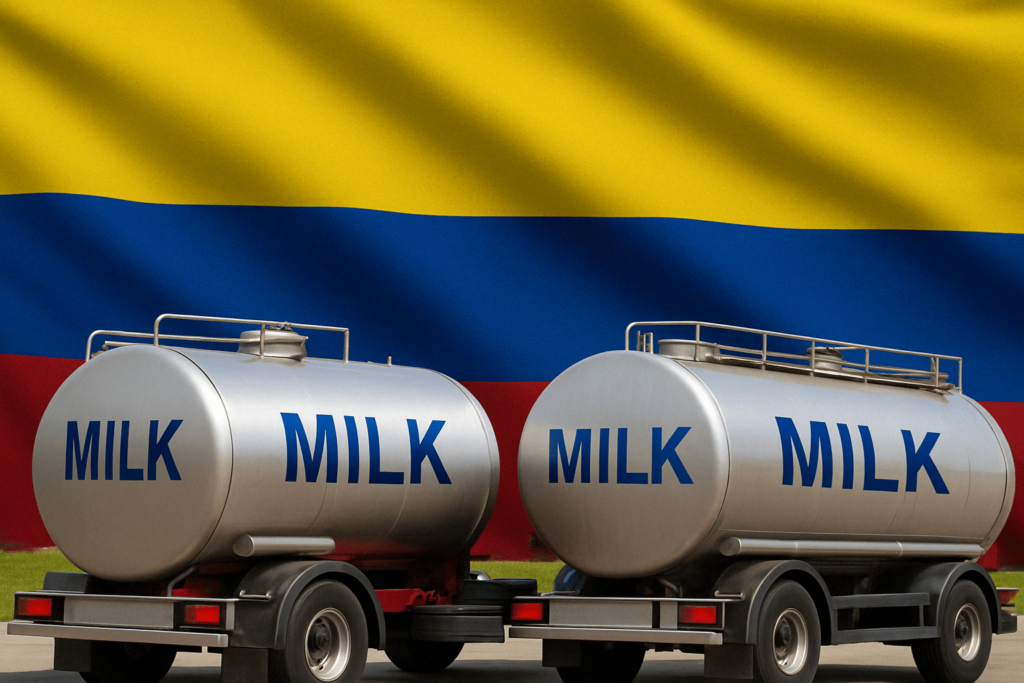In Colombia, dairy producers in the state of Cundinamarca are facing growing challenges due to increasing imports of powdered milk and whey from the United States, the European Union, and South America. Organizations like the Livestock Association of Valle de Ubaté are sounding the alarm over economic pressure from foreign markets, calling for urgent government intervention to protect local farmers and the national dairy sector.
On April 21, 2025, Colombian dairy producers voiced increasing concern over the continued influx of imported powdered milk and whey from countries like the United States, the European Union, and South America. The Livestock Association of Valle de Ubaté, based in the heart of Colombia’s dairy-producing region, has highlighted the economic strain this trend places on the entire local sector, including smallholder farmers and large-scale processors.
Despite efforts by some producers to modernize operations and improve quality, the industry faces growing pressure from foreign competitors—many of whom benefit from substantial government subsidies. According to data from the National Administrative Department of Statistics (DANE), Colombia imported over 62,220 tonnes of dairy products in 2024, valued at USD 196.1 million. This marked the fourth-highest annual import volume historically, even though the figures showed a year-over-year decline.
With nearly 19,000 tonnes of duty-free dairy imports expected in 2025—and the complete removal of restrictions with the United States and European Union by 2026 and 2028 respectively—industry experts warn of an impending market saturation. “Producers here simply can’t compete on the same footing,” said veterinarian Ricardo Arenas, citing the unfair advantage foreign subsidies provide.
Giovanni Pinilla of the Livestock Association emphasized that small and medium producers, who make up a significant share of Colombia’s dairy industry, are particularly vulnerable. Many lack the economies of scale needed to survive in this liberalized trade environment. Even larger companies face high national production costs and structural challenges that hinder competitiveness.
To ensure the survival of Colombia’s dairy sector, stakeholders are calling for stronger government support—particularly through improved nutrition, genetics, and logistics to boost milk quality and efficiency. Without timely policy action, local producers fear being edged out of their own market by low-cost international imports.
